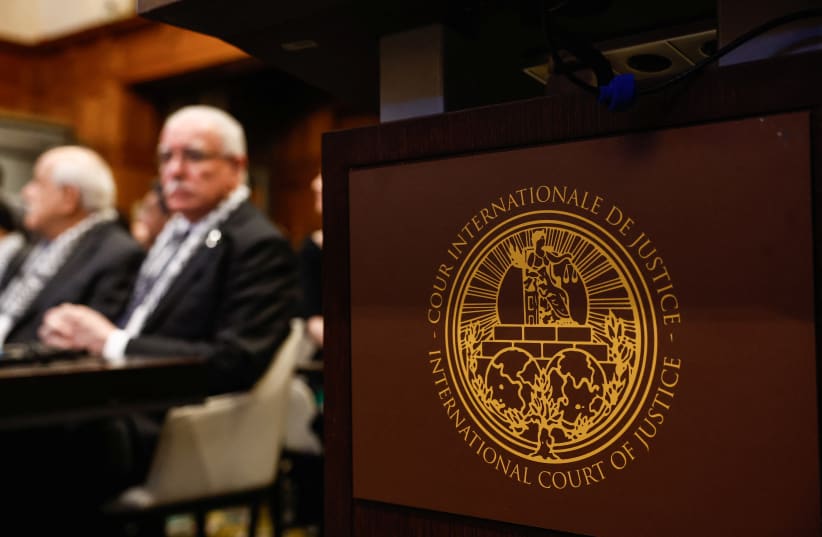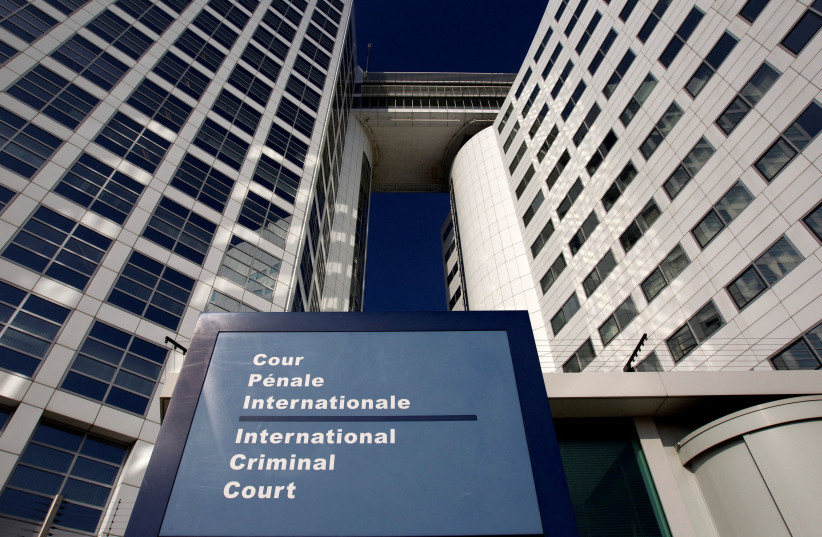Time and time again, international bodies have attempted to investigate and hold Israel accountable for alleged war crimes.
Whether it be the alleged abuse of Palestinians or the illegal occupation of Palestinian land, these one-sided debates are repeatedly held with the aim of determining whether Israel is committing some sort of act that might fall under the umbrella term “war crimes.”
South Africa, of course, is the main accuser in these recent complaints, having taken Israel to the International Court of Justice (ICJ) in The Hague. It called on the court to intervene in Israel’s supposed violations of its obligations under the Genocide Convention (officially, the Convention on the Prevention and Punishment of the Crime of Genocide) in the context of the war in Gaza.
But even before that, in November, International Criminal Court (ICC) Prosecutor Karim Kahn said that South Africa, Bangladesh, Bolivia, Comoros, and Djibouti had filed a joint request to investigate Israel’s behavior in the war “to ensure that the ICC pays urgent attention to the grave situation in Palestine.”
He later threatened Israel with harsher war crimes scrutiny if it invades Rafah, saying, “Those who do not comply with the law should not complain later when my office takes action pursuant to its mandate. To all those involved: my office is actively investigating any crimes allegedly committed. Those who are in breach of the law will be held accountable.”
The usual suspect
The ICC is not new to investigating supposedly illegal actions taken by Israel. It has been investigating Israel for alleged war crimes since 2014.
Another body that has accused Israel of war crimes is the United Nations Office of the High Commissioner for Human Rights, which published a report in December that accused IDF troops of perpetrating a massacre of unarmed civilians in Gaza City.
Jordan similarly said in January that Israeli “war crimes” against Palestinians were to blame for heightened regional tension and violence in the Red Sea.
“The Israeli aggression on Gaza and its continued committing of war crimes against the Palestinian people and violating international law with impunity is responsible for the rising tensions witnessed in the region,” said Jordanian Foreign Minister Ayman Safadi.
In addition, the Biden administration may have been investigating Israel’s conduct in the ongoing war for potential war crimes despite publicly claiming the opposite, the Huffington Post reported last week.
According to the report, even the US State Department has been conducting inquiries for months into potential violations of international law by Israel, particularly regarding the operation in Gaza.
And now, this week, the ICJ is once again holding discussions on Israel, this time about the “legality of the occupation.” To this, the Prime Minister’s Office responded that it is “a move designed to harm Israel’s right to defend itself against existential threats.”
While the courts can do whatever they please with their time, this is not their call and not their domain.
The types of actions that require international intervention and a call for ceasing of actions are those war crimes, as it were, where the issue was systemic; in other words, in which a policy that runs throughout the system is illegal at its core.
While that is the case with previous ICC indictments, such as of Vladimir Putin and Muammar Gaddafi, for example, this does not apply to Israel and its leaders, due to the simple fact that any war crimes that have been committed by Israeli forces have been one-off occurrences by rare extreme bodies in its ranks.
These few soldiers do not follow orders but instead act on their own accord – perhaps out of fear, yes, as well as paranoia and trauma while operating in enemy territory. It is Israel’s responsibility, then, to investigate its own criminals and hold them accountable for their actions as necessary.
The international courts and bodies must therefore recognize for themselves that while they may disagree with the actions carried out in time of war by a fellow democracy, it is not in their right to investigate any sort of crime that does not fall under their jurisdiction.

